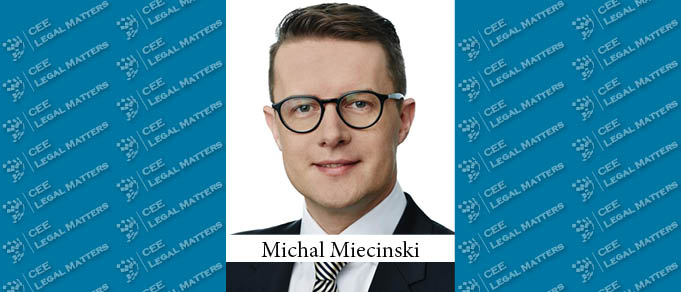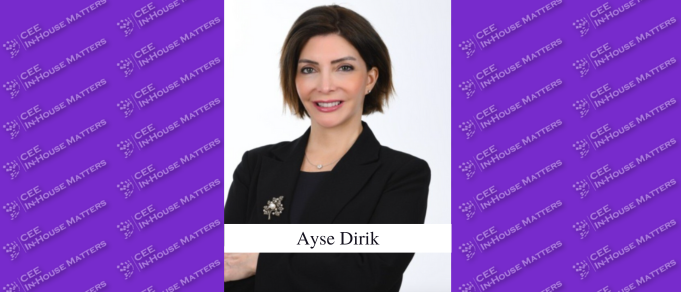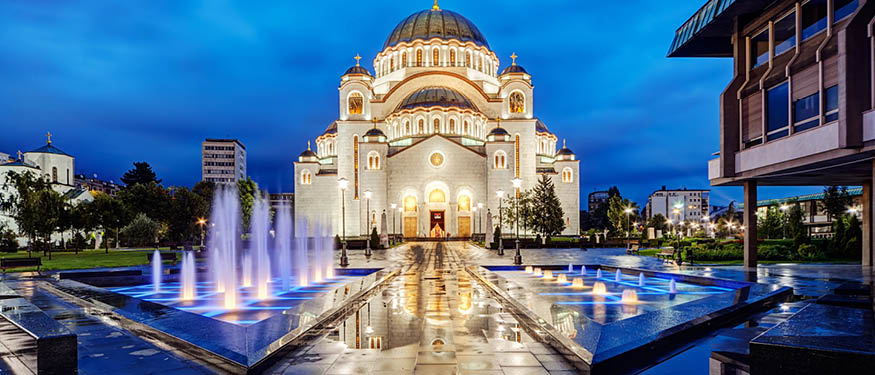While real estate is turning heads, according to CMS Partner Michal Miecinski, tax hikes and high inflation might present cause for concern in Poland, heading into 2022.
“The real estate sector is still booming,” Miecinski says. Overall, there was no pandemic-related slowdown, according to him, “but the asset classes that investors are keen to invest in did switch around a bit.”
“Logistics is king,” he says, “stimulated by the pandemic, trends on commerce, Poland’s location, and the growing number of end customers.” He explains that the uptick is most visible on the side of developers, “but everyone wants to have investments in logistics assets. The projects are getting more and more sophisticated – it’s not just warehousing – from small manufacturing to build-to-suit projects, tailored to the specific needs of end-users.
“The queen has to be the private rented sector,” the CMS Partner adds. “PRS is growing, and not only in Poland. While this is a somewhat new area, right now it seems to be the future, for years to come.” As to the reasons, he lists that “residential prices grew by 20-30% during the pandemic, reducing purchasing power; a change of mindset – to use rather than own, from electric scooters and cars to, well, everything – might also transfer to the way people live; and, in terms of security, institutional renting might appeal more than private rentals in traditionally ownership-oriented Poland.” Finally, the apartments themselves can be suited to the client’s needs, Miecinski says, noting that “we’re not talking ready products, as all PRS transactions this year were forward sales – for projects to be built or already in progress – with instruments in place to protect the investors.”
Perhaps surprisingly, he says the office market is still quite active: “We’ve become more agile in terms of working, either from home or the office. But the office has been understood to have benefits for corporate culture, training and mentoring, and networking – and all those little accidental interactions.” Miecinski notes that the emphasis for new developments is on making them more user friendly, “with socializing spaces, lounge areas, and kitchens enabling people to meet and talk in a good atmosphere,” and more environmentally sustainable, “in terms of materials and energy consumption, something that users, tenants, and investors equally care about,” as well as updating designs. “So, offices are alive but quite different to what they were two years ago.”
On the legal side, Miecinski says the biggest change affecting all Poles from January 1, 2022, relates to taxation, with personal and corporate income taxes being increased: “Poland is big on one-man businesses, which will be affected by changes in tax regulations.” He also says the approach to health insurance contributions, “which were low, capped, and tax-deductible,” is being rethought. “From January that burden will generally fall between 4.9% and 9% of profits, which is a huge change and something people are actively worried about.”
Less money will mean lower consumption, according to Miecinski and, “with the very high inflation at 8% for the year and increasing interest rates, we might be looking at a different economic landscape down the line. Poland is not alone in this position, though, and we remain optimistic and entrepreneurial, albeit concerned.”

















